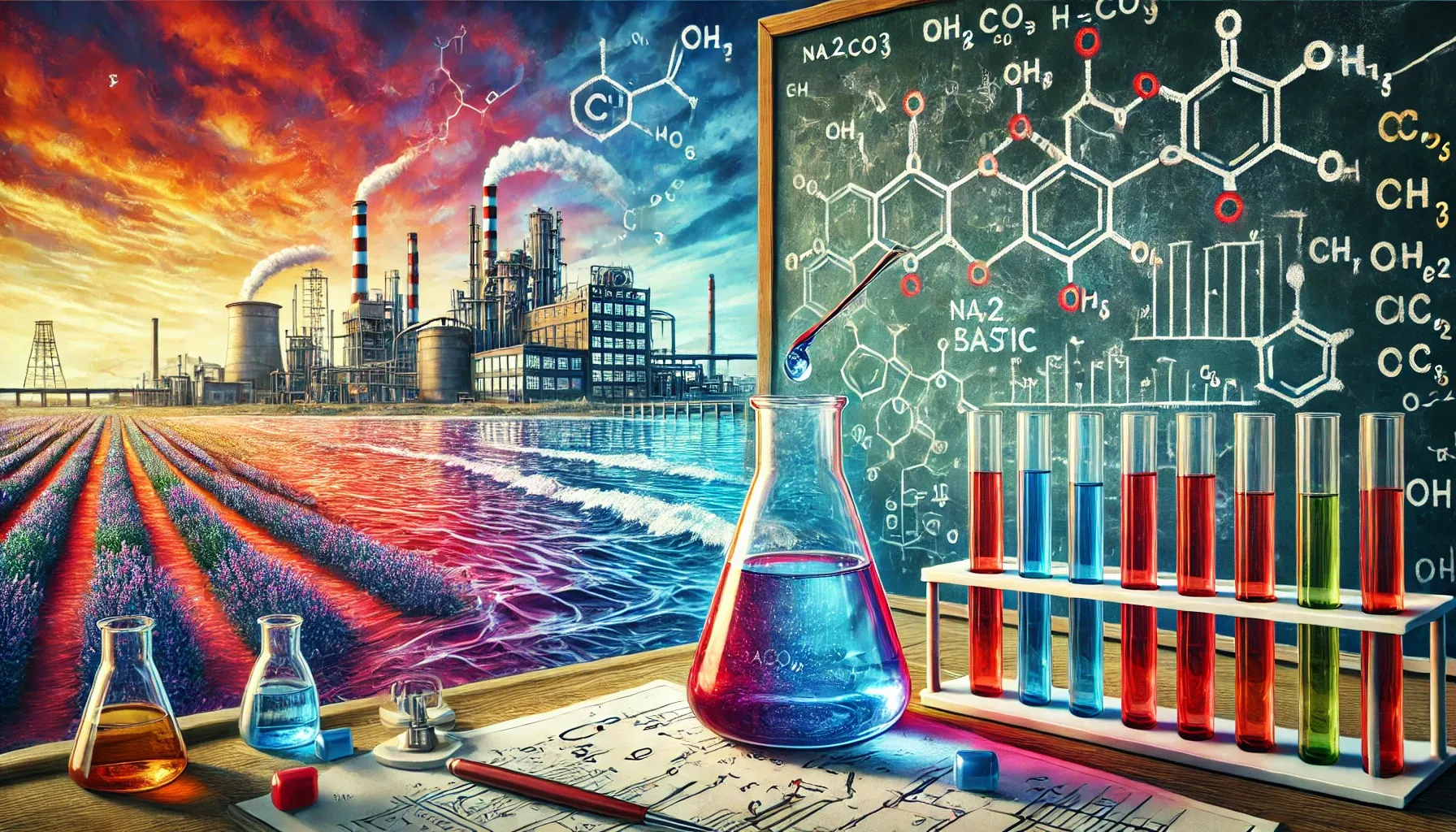Sodium carbonate (Na₂CO₃) is an interesting compound that is essential for many industries such as glass production and water purification. The process is repeated for higher ranks, and finally, it goes for basic salt.
Formation of Sodium Carbonate
It is produced by a reaction of strong hydroxide, sodium hydroxide (NaOH), with weak acid, carbonic acid (H₂CO₃), bringing powerful saponifying action while neutralizing. This reaction can be written as:
Since sodium hydroxide is a strong base and carbonic acid a weak acid, its salt, sodium carbonate, retains the basic characteristics of its parent base. Such bicarbonates are what make sodium carbonate an alkaline salt.
Understanding the Basicity
Sodium carbonate in solution undergoes hydrolysis. Its carbonate ions (CO₃²⁻) react with water producing bicarbonate ions (HCO₃⁻) and hydroxide ions (OH⁻):
It is hydroxide ions (OH⁻) in the solution that give sodium carbonate a basic character. Thus, this hydrolysis reaction is responsible for why a solution of sodium carbonate has a pH greater than 7.
Uses of Sodium Carbonate
The fundamental characteristics of sodium carbonate render it the most useful in several procedures:
Water Softening: Sodium carbonate is used to remove calcium and magnesium ions from hard water, preventing the formation of scale.
Glass Works: It reduces the melting point of silica for the production of glass.
Laundry Detergents: Used as “washing soda,” as a water softener and pH adjuster.
Chemical Synthesis: Sodium carbonate acts as a base in numerous industrial chemical reactions.
A Closer Look at the Chemistry
Indicators, such as litmus paper, can also be used to test the basicity of sodium carbonate. Sodium carbonate makes red litmus (an acid/base indicator) turn blue when dissolved in water, which shows it's alkaline. This is by its designation of a simple salt.
Conclusion
The classification of sodium carbonate as a basic salt is due to its formation from a strong base and a weak acid. Its resolving in water accentuates its nearness water and is central in routine things and mechanical works. Understanding this chemistry not only helps us learn about its properties.

